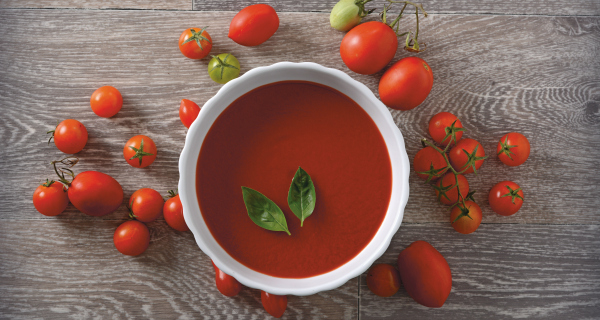
Not only do tomato epitomise the traditional Italian cuisine, but they are also the basic ingredient of the Mediterranean diet, which is increasingly appreciated by consumers around the globe. The Italian industry abroad records a turnover of 1.6 billion euro (it has fallen by 5% in value in the first half of 2016 after five years of uninterrupted growth), mainly produced in Europe (Germany, France, the United Kingdom), but also in the Usa, Japan, and Australia. The latter has recently been in the limelight of the sector operators’ debates, as regards to anti dumping investigations, which had imposed duties on Italian companies, justifying them on the basis of the alleged impact that EU subsidies for agriculture stipulated by the Cap (Common agricultural policy) would have on the purchasing price of fresh tomatoes for processors, and therefore on production costs. The European rebuttal occurred promptly succeeding this penalization, which was running the risk of creating a dangerous precedent that might have been mirrored in other countries. Thanks to an interrogation presented by the coordinator of the Group of the Progressive Alliance of Socialists and Democrats in the European Parliament, Paolo De Castro, European Trade Commissioner, Cecilia Malmstroem acknowledged the presumptive nature of the measures imposed by the Australian government. The European Commission has defined the Australian anti dumping policy as highly controversial and reiterated its support for the Italian government and producers involved in defending their rights for fair treatment in full compliance with the provisions of the Wto, disclosed De Castro during the Anicav conference. 
THE EUROPEAN UNION TO ADOPT AN OFFENSIVE ATTITUDE – Australia will hence have to reconsider its protectionist policy on tomatoes, granted that they are not willing to risk a future free trade agreement with the EU. This is certainly a diplomatic victory, but more importantly a testimony to the unity and strength of the European Union. It is a powerful message that is particularly necessary in the light of the aftermath of Brexit, (let’s consider it as a vaccine, rather than a disease, suggests De Castro) and the future of international trade agreements following Donald Trump’s victory in the Usa. European trade policy must adapt to a new international scenario, says Paolo De Castro, adopting an offensive rather than defensive attitude towards the rest of the world. Let us not forget that Europe is the world leader in agricultural exports and food, leaving the Usa far behind. 
